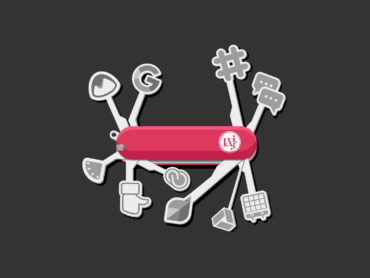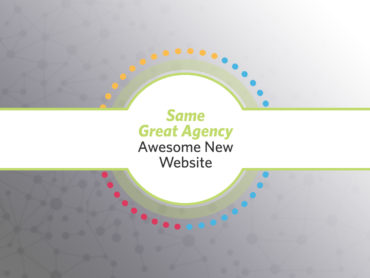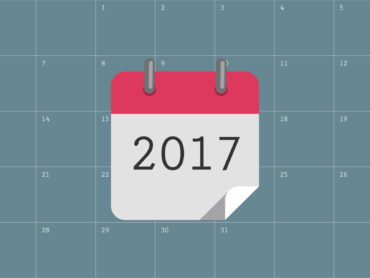Considerations for Choosing a (New) Career
When you chose your career, what factors went into that decision? If you were to choose a new career, would those factors be any different? They certainly were in my case.
Prior to becoming a web developer, I spent the first ten years of my professional career as a NYC high school math teacher. While teaching is a great profession, it wasn’t something I ever intended to do. As an undergraduate, I majored in finance and economics. At the time I graduated – in the teeth of the Great Recession – job opportunities and had fallen off significantly. But math teachers were in high demand and offered a greater salary and better work schedule than any entry level finance job. A few months later, I was presented with an opportunity to teach at my former high school and took it without giving it much thought. Looking back, I don’t regret my decision, but I feel it was foolish not to give it ample consideration first.
We live in a time where the average U.S. worker will have many careers in his or her lifetime. How many exactly? That’s still up for debate, but seven is the most widely cited number. While I suspect this is a considerable overestimate, there is no denying that one or more career changes is quite commonplace nowadays. This being the case, I think anyone considering a new career would be wise to expand the factors they’re using to evaluate potential careers.
I expect that average salary and work schedule are the leading and most dominant factors considered by most people choosing a career for the first time. With experience though, several additional factors begin to enter the equation. For instance, after a few months of searching, applying and interviewing without success, the importance of the number of job opportunities becomes clear. But what else should we be considering?
- What are employers looking for? By understanding what skills are projected to be in-demand in the years to come (as well as which ones are most desirable today), you can help give yourself a better chance of landing a job and achieving continued success in your new career.
- What’s the outlook for the future? After a little research, I was happy to learn that according to the Bureau of Labor and Statistics, employment of web developers is projected to grow 20 percent by 2022, significantly faster than the average for all occupations. In contrast, the US Bureau of Labor Statistics projects a 28% decline in postal-service jobs by 2022, totaling around 139,100 fewer positions. Postal-service jobs are just one of many headed in that direction, a lot of which may come as a surprise, so I strongly recommend confirming any expectations of growth you may have.
- Work Environment. A job description which includes anything akin to “We’re looking for someone who wants to join a great team and work in a fun, relaxed atmosphere.” is a great sign, and in my case, very true, as this was from the original job posting for my current job here at R&J. Of course not every claim of being a great place to work will be as accurate, nor will every great place to work advertise it in their job descriptions. There are other ways to find great places to work such as NJBIZ, which through their “Best Places to Work in New Jersey” awards program recognizes and honors the state’s top employers who show a dedication to their employees’ professional growth and quality of life. Earlier this year, R&J Strategic Communications was named the fourth-best Place to Work in New Jersey for 2016, marking the fourth time R&J has made the Best Places to Work list.
So what advice do I have for someone at the start of a new career path? Research and give consideration to a wide variety of factors. I recommend starting with a simple YouTube search: “Should I become a _________?” More than likely you’ll find multiple videos of people currently working in the industry you’re considering. For me, the information, insight, and honest opinions I found here were invaluable in my decision to become a web developer and I fully intend to create one of my own someday.
Salary potential is, of course, an important factor. If you aren’t going to be happy with the salary a particular career has to offer, it can be deal breaker, and rightfully so. Beyond a certain point though, earnings potential actually has little influence over how happy or successful you’ll be in your new career. Giving proper consideration to things like work environment, room for growth, potential for specialization, job opportunities, projected growth of the industry, and community will pay all kinds of dividends, including making you less likely to find yourself starting over a few years down the road.
















































































